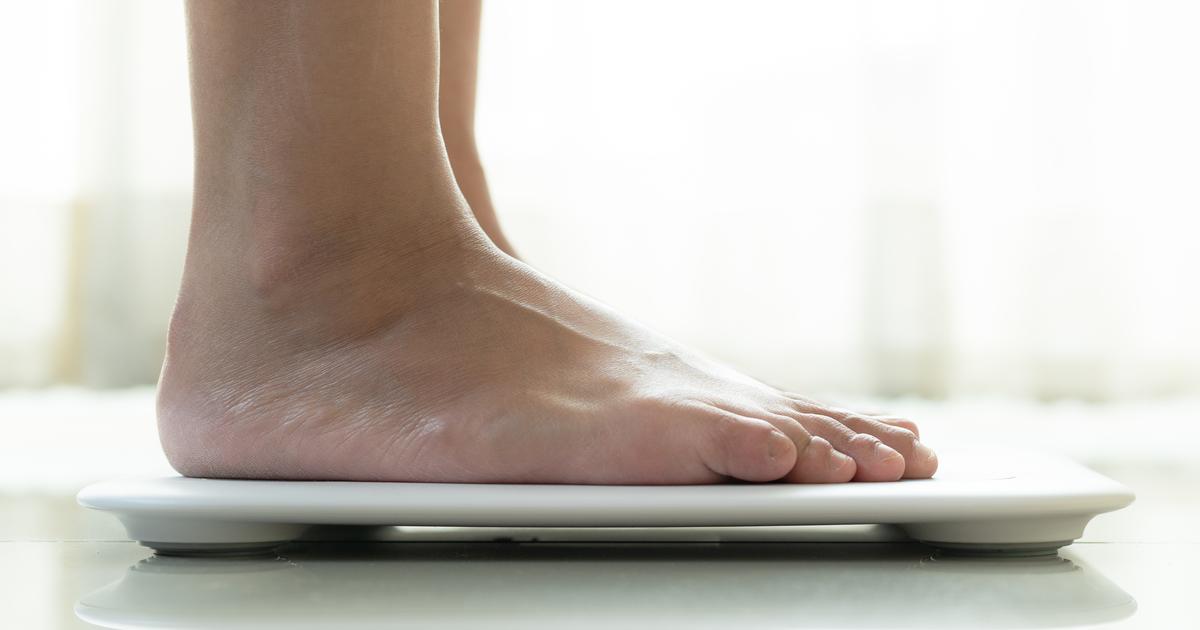Guide To The Side Effects Of Steroids
Steroids, also known as corticosteroids, are medications that reduce inflammation and suppress the immune system. Physicians may prescribe these drugs as part of a treatment plan for conditions such as allergies, asthma, rheumatoid arthritis, chronic obstructive pulmonary disease, and inflammatory bowel diseases. Depending on the condition to be treated, steroids may be prescribed as topical creams or oral tablets, and they might also be given as injections. Patients taking oral corticosteroids will normally need to take these in the morning, and taking them with food is suggested. To reduce the risk of potential side effects, doctors normally prescribe corticosteroids for no more than two to three weeks. Corticosteroids need to be prescribed and used with caution if a patient has a history of epilepsy, liver problems, high blood pressure, cardiovascular disease, cataracts, or diabetes.
Patients should always check with their healthcare team about any worrying side effects that occur while they are using a corticosteroid. The most common side effects that could develop with longer-term corticosteroid use are discussed below.
Weight Gain

Corticosteroid use alters the body's metabolism and how body fat is stored. Patients taking these drugs experience an increase in appetite, and weight gain is very common. Generally, most of the weight gained while taking corticosteroids is gained around the abdomen, and individuals might also notice puffiness around the face. Anecdotal evidence suggests some patients might have unusual food cravings for foods they don't normally like, and frequent episodes of nighttime eating have been reported. Doctors recommend patients follow a heart-healthy diet and engage in regular exercise while taking corticosteroids, and having only healthy foods in the house could help reduce weight gain associated with cravings and nighttime eating. Any weight gain experienced with this medicine is usually temporary, and most patients find that their waist size and weight return to normal within six to twelve months after discontinuing the medication.
Read more about side effects linked to steroids now.